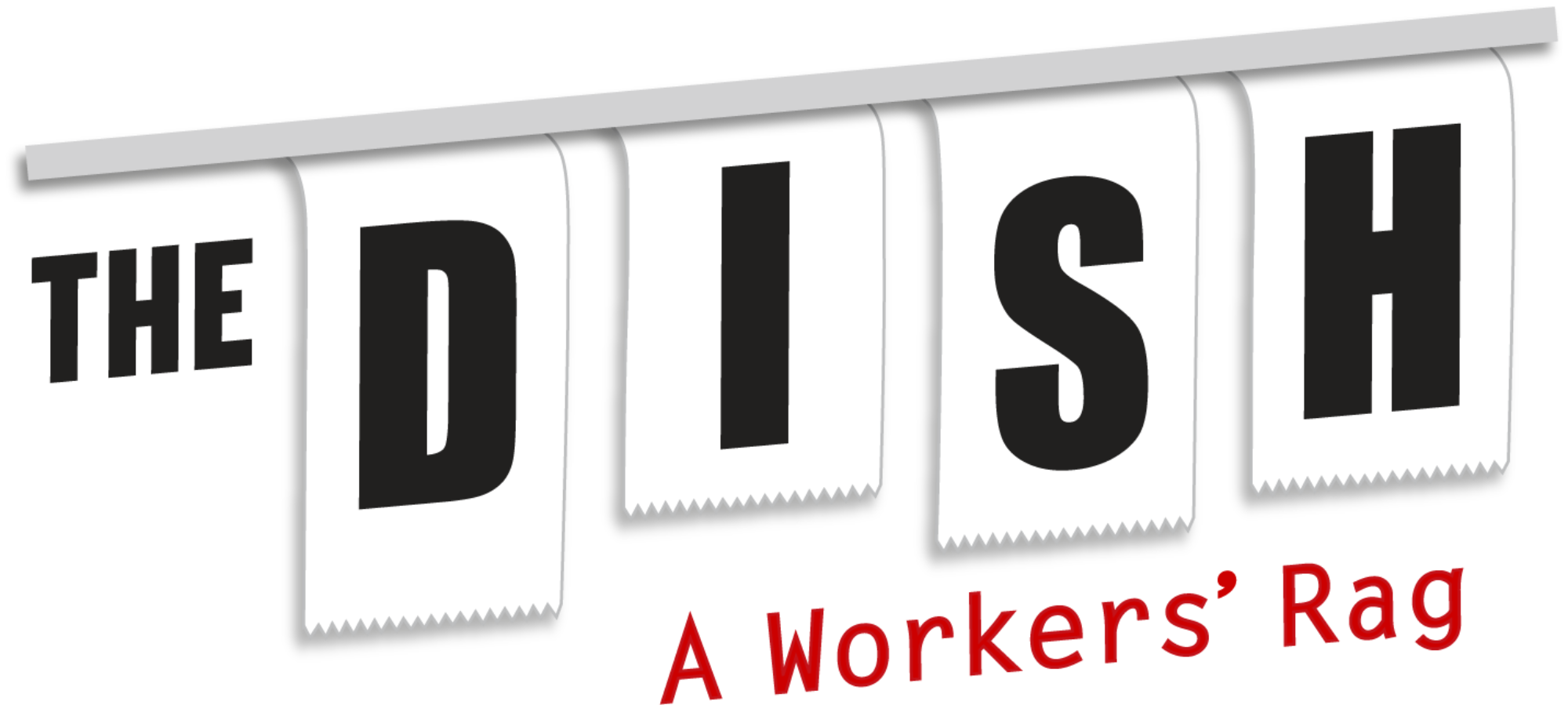A former worker at the Rising Tide brewery shares his thoughts on why a unionizing effort at his workplace ultimately failed. The history of organizing for better working conditions is rife with failed votes, unsuccessful boycotts, lackluster strikes, and each one can teach us something about our future efforts, and bring us closer to our victories.
By Andrew Coronado
Between February 2018 and January 2019, I led an effort to organize five to seven brewers and production assistants of the small independent Rising Tide Brewing Co., in the original Portland (with the best beer) – the one in Maine. We sought to improve communication, our working conditions, and establish new employment standards for other breweries in an industry that is overwhelmingly union-less. We failed, calling off the election on its eve in the face of a relentless anti-union campaign from the bosses.
With a year-plus of COVID and unemployment since, there has been much time to reflect on our mistakes. Principally, we failed to build solidarity within the workplace. We did not march on the boss to announce our intentions. We discussed, but tabled, an open letter to present at the start. Other than some furtive meetings with our organizer, we took no real joint actions.
We knew there would be resistance—owner and Democratic State Senator Heather Sanborn has a reputation for acting in her business’ interest first. Standard anti-union claims like “the union is a third party and you’ll have to pay dues” never resonated with my co-workers; but crying, bullying, and begging from management and a respected pro-company worker did. The guilt-tripping implications that we should have just talked to the owners openly instead of being “secretive”, drove us from a majority with signed cards to a majority of “no’s” and “uncommitted”s.
Had we acted as one and faced management openly, I believe we would have been able to stand together against the anti-union campaign. They wouldn’t have been able to claim we hadn’t given them a chance had we been upfront—they could have either refused us, proving our need to stand together, or they could have recognized us, proving our power together. But by laying low in such a small and intimate workplace, the company took control of the narrative, and our fledgling solidarity was crushed.
Get involved with the Restaurant Organizing project! Get on our email list, check out our resources, or follow us on Facebook, Twitter, and Instagram.
